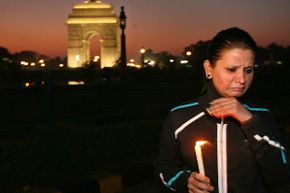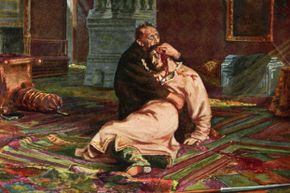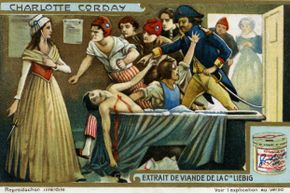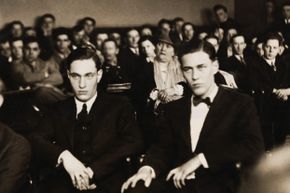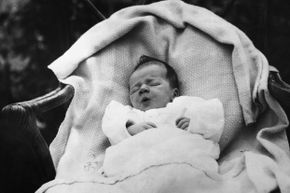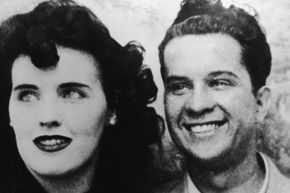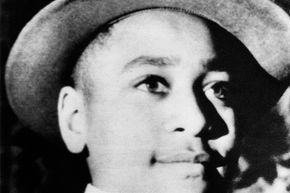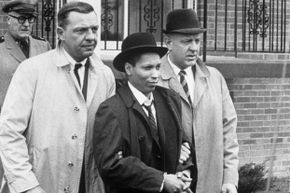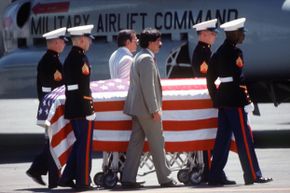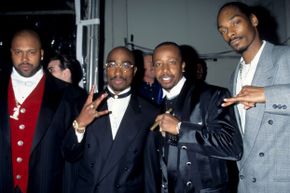Bobby Franks was a 14-year-old Chicago kid, killed as an intellectual exercise. His murderers, Nathan Leopold and Richard Loeb, believed themselves to be Nietzschean supermen, superior humans beyond moral law. But in order to prove it, they needed to commit the perfect crime.
Initially they started small, acts of vandalism and theft that they initially got away with, but it wasn't long before they decided it was time to commit a murder. They spent the next seven months carefully crafting a murder scenario. On May 21, 1924, they settled on Bobby Franks, Loeb's second cousin, as their victim. They coaxed Franks into a car, struck him on the head with a chisel, and then drove to Indiana to dump the body.
In spite of their careful planning, they were ridiculously incompetent. Witnesses saw Franks get into a car with Leopold, who also dropped his glasses near the body. Once the glasses were traced back to him, their alibi fell apart and the boys confessed, each blaming the other for the murder.
The ensuing trial, like many of the trials on this list, was a huge spectacle. Clarence Darrow, who was already one of the most famous defense attorneys in the country, unexpectedly entered a guilty plea for the boys in an attempt to save them from the death penalty. His 12-hour closing argument remains one of the most heartfelt and moving attacks on capital punishment.
A major victory for opponents of the death penalty, Darrow's defense represented the beginning of a big shift in American attitudes toward execution. Over the next few decades, the number of executions, which had been rising precipitously since the 1850s, fell off sharply, finally culminating in a short but total federal suspension of the death penalty in 1972 [source: Procon.org].
